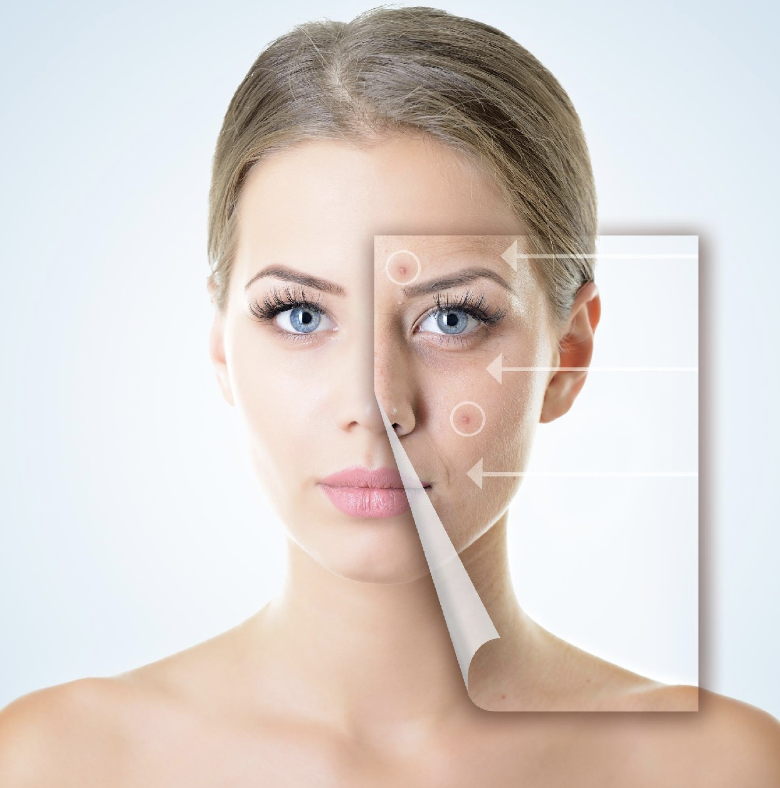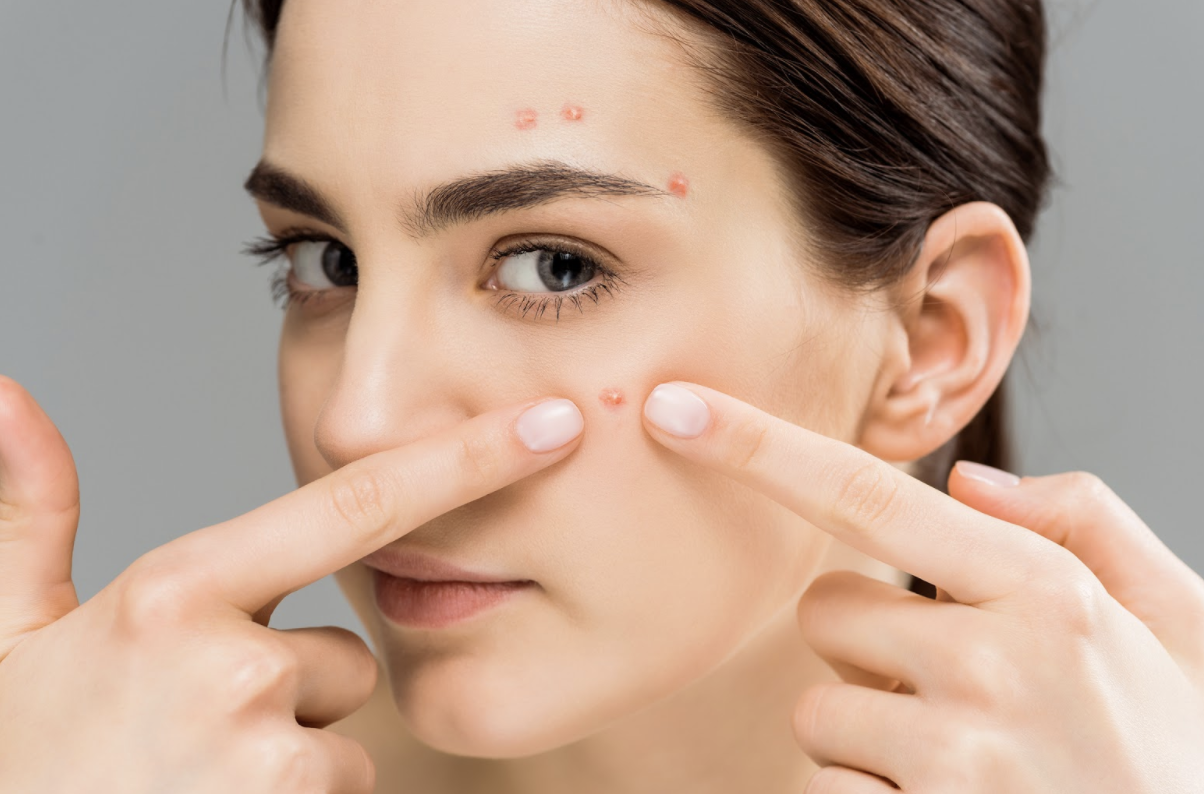What’s more stubborn than acne? It’s almost as annoying as all the suggestions you receive about how to clear it up. Have you tried eating healthier? Yes. Have you used this product? Yup. What about a face mask? It never stops. You’re at your wits’ end and all you want is clear skin. You’ve searched online for every tip and come up empty-handed. We’ve gathered some of the lesser-known acne triggers that can help you manage a breakout:
- Clean your bedsheets. At night, you press your face against the same pillow case and wrap up with the same sheets and blankets. That means if your sheets are dirty, you’re exposed to bacteria every night. The leftover germs from your last breakout are all over your pillowcase, and you’re going to bed with them! That’s why you need to make sure to wash your sheets; try to do so once every two weeks. Not only will they smell better and feel softer, but they’ll be cleaner for your skin. If your skin is sensitive to fragrances, you can choose unscented laundry detergent to avoid irritating it.
- Contact a dermatologist. When your acne just won’t clear up, schedule a visit with a skin specialist. They have the expertise to help find the cause behind your breakouts. A dermatologist might recommend that you try a professional acne treatment. One option is an IPL treatment, which uses intense, pulsed light to target the bacteria that cause acne and reduce the overproduction of oil. The light has the added benefit of speeding up healing times for current breakouts. If your acne has caused extensive scarring, then skin resurfacing treatments can help reduce the appearance of scars and clear breakouts.
- Be patient with products. It’s frustrating to invest your money in skincare, only to receive less than promising results. Retinol, a prescription acne treatment that helps unclog pores, can take up to 3 months to work. The same goes for OTC products that contain salicylic acid and benzoyl peroxide; they take at least 4 weeks to start showing results. As discouraging as persistent acne can be, try to be patient with your skin. Constantly switching products won’t leave enough time for the ingredients to take effect.
- Remember to moisturize. Many acne treatments can dry out your skin, so it’s important to keep it hydrated. Find your skin type to determine which moisturizer will be most helpful to you: is it dry, oily, normal, or a combination of all three? Contrary to popular belief, people with dry skin can get acne – it’s caused by more than just oil. Once you’ve determined your skin type, you can purchase a product that caters to it (just make sure that it’s oil-free so that it won’t clog your pores). Moisturizers can reverse some of the negative side effects of acne treatments, like inflammation and redness. Cleansers can help manage oil but be warned that over-washing your face dries it out. When your skin lacks moisture, it produces oil to compensate, which will clog your pores and cause more acne.
- Don’t pick at it. You’ve heard this one before, but it’s worth repeating. When you pop a pimple, the oil and bacteria from your fingertips can become trapped under the skin. This can irritate and worsen the breakout. It also makes the area more prone to scarring due to the constant picking and scabbing. Leave that inflamed pimple alone and it will clear up faster; squeezing it will only worsen your breakout.
Anyone who suffers from acne knows how emotionally damaging it can be. People stare, point, and make comments – it’s no way to live your life. We hope that these suggestions can help you manage your skin and restore your self-confidence.



Speak Your Mind